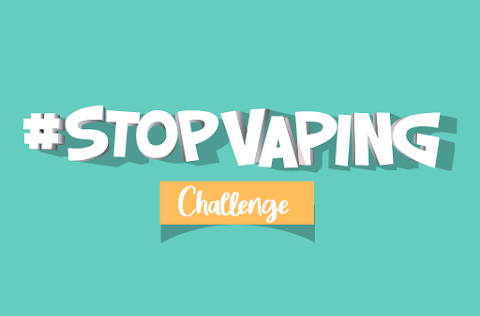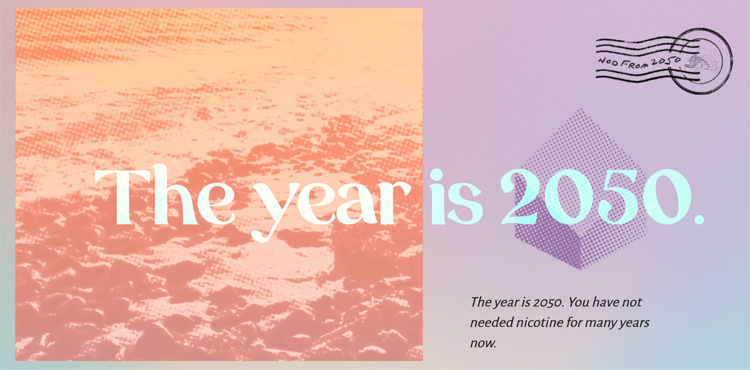Topics
The work of the Ontario Tobacco Research Unit includes programs in tobacco control research, research capacity building, comprehensive tobacco control evaluation and monitoring, and knowledge transfer and exchange. Our research and evaluation activities produce evidence-based knowledge that contributes to the development of effective and efficient program and policy initiatives for tobacco control in Ontario and elsewhere.
Cannabis projects investigate exposure to cannabis smoke, social exposure to cannabis use, advertising and promotion, and the co-use of cannabis with other substances such as tobacco.
Cessation projects investigate the factors associated with the process of stopping smoking and the effectiveness of aids, programs, and policies to help smokers quit. We have examined smoking behavior through large longitudinal cohorts such as the Ontario Tobacco Survey (OTS) and the Smokers’ Panel to best understand smoking cessation. Other projects have examined qualitatively the cessation experiences of people who smoke.
In collaboration with partners, Waakebiness-Bryce Institute for Indigenous Health, Well Living House, the Aboriginal Tobacco Program at Cancer Care Ontario, and community partners, OTRU is involved in projects to reduce commercial tobacco use in Indigenous communities (RETRAC).
E-cigarette vaping projects describe emerging patterns of use, product innovations, marketing and promotion as well as assessments of the potential harms of vaping for nonsmokers, effects of secondhand exposure and harm reduction for smokers.
Tobacco industry projects encompass studies about tobacco and alternative products, their pricing, taxation, distribution and sales. Included are studies on the effects of industry behaviour and of regulatory measures.
Prevention projects investigate the prevalence and predictors of substance use—including tobacco, electronic nicotine delivery systems and cannabis. Projects also examine the influence of social networks on youth and their behaviour, and the impact of social exposure to these substances on youth.
Protection projects investigate exposures from the smoking or vaping of substances in workplaces, multi-unit housing and outdoor environments. We study a range of products, including cigarettes, waterpipe, cannabis and vapes. We also evaluate the impacts of policy and program measures to prevent secondhand, thirdhand and social exposure to these substances.


 Download directly from your phone’s app store, or through the following links:
Download directly from your phone’s app store, or through the following links: 




